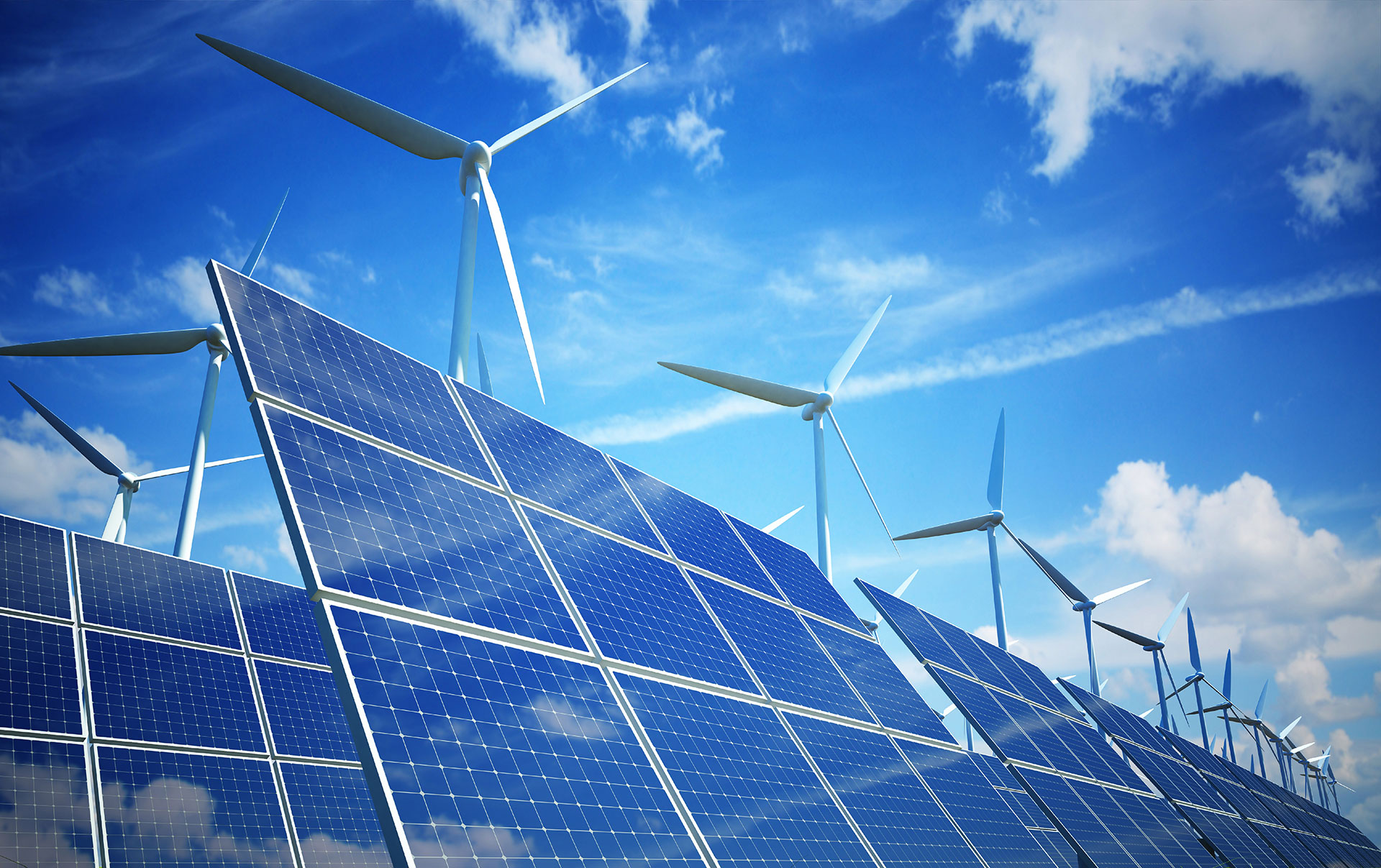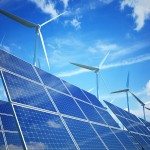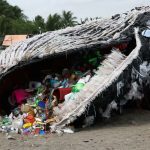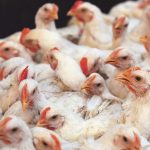Buckingham Palace outlined new waste plans and said there was a ‘strong desire to tackle the issue’ at the highest levels of the Royal household.
It is thought that the Queen became personally interested in the problem of plastic after working with Sir David Attenborough on a conservation documentary dealing with wildlife in the Commonwealth.
The new measures include gradually phasing out plastic straws in public cafes and banning them altogether in staff dining rooms.
Internal caterers at Buckingham Palace, Windsor Castle, and the Palace of Holyroodhouse in Edinburgh will now only be allowed to use china plates and glasses, or recyclable paper cups.![]()
![]()
http://www.telegraph.co.uk/news/2018/02/11/queen-declares-war-plastic-david-attenborough-documentary/




